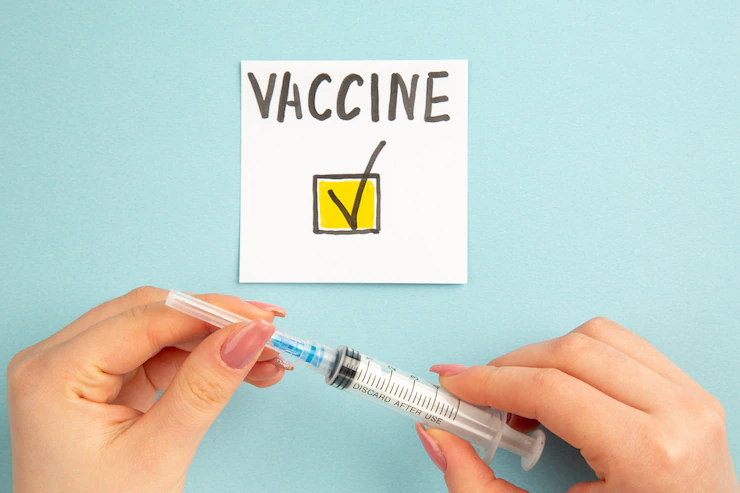Sexually transmitted infections (STIs) pose a significant health risk worldwide, affecting individuals of all ages and sexual orientations. While education, safe sex practices, and regular testing are essential in preventing STIs, vaccination plays a vital role in reducing the transmission of certain infections. In this article, we will explore the importance of vaccination in preventing specific STIs and highlight the impact it has on individuals and public health.
- Human Papillomavirus (HPV) Vaccination: Human papillomavirus is the most common sexually transmitted infection globally. It can lead to various health issues, including cervical, anal, and oropharyngeal cancers, as well as genital warts. The HPV vaccine offers effective protection against the most prevalent HPV types that cause these conditions. Vaccination is typically recommended for both males and females before becoming sexually active, as well as for those who have already initiated sexual activity. By preventing HPV infection, vaccination significantly reduces the risk of associated diseases and provides long-lasting protection.
- Hepatitis B Vaccination: Hepatitis B is primarily transmitted through sexual contact and can lead to chronic liver infections, liver cirrhosis, and liver cancer. Vaccination against hepatitis B is highly effective in preventing infection. The vaccine is typically administered as a series of shots and is recommended for individuals of all ages, including infants, adolescents, and adults. By ensuring widespread vaccination, the transmission of hepatitis B can be significantly reduced.
- Human Immunodeficiency Virus (HIV) Pre-Exposure Prophylaxis (PrEP): While not a traditional vaccine, HIV pre-exposure prophylaxis (PrEP) is a preventive approach that involves taking a daily medication to reduce the risk of HIV transmission. PrEP is recommended for individuals at high risk of acquiring HIV, such as those with an HIV-positive partner or those engaged in high-risk sexual behaviors. When used consistently and correctly, PrEP can offer substantial protection against HIV, further emphasizing the importance of prevention in the context of STIs.
- Additional Considerations: Although there are currently no vaccines available for other common STIs such as chlamydia, gonorrhea, and syphilis, vaccination against certain STIs indirectly contributes to their prevention. By reducing the transmission rates of primary STIs like HPV and hepatitis B, vaccination helps decrease the overall prevalence of STIs in populations. Additionally, since some STIs can increase the risk of acquiring HIV, preventing these primary infections indirectly reduces the risk of HIV transmission as well.
It is essential to remember that vaccination does not provide protection against all STIs. Therefore, it is crucial to continue practicing safe sex measures, such as consistent condom use, regular testing, and open communication about sexual health with partners and healthcare providers. Vaccination should be seen as a complementary strategy in comprehensive STI prevention efforts.
In conclusion, vaccination plays a significant role in preventing certain STIs, such as HPV and hepatitis B. By protecting individuals against these infections, vaccination reduces the risk of associated health complications, including various types of cancer. Incorporating vaccination into comprehensive sexual health strategies can have a profound impact on individual well-being and public health. It is important to stay informed, consult healthcare providers, and follow recommended vaccination schedules to take advantage of these preventive measures and safeguard against STIs.










